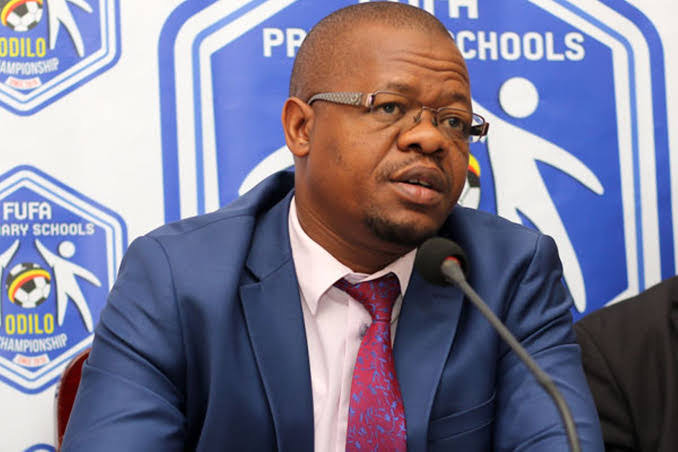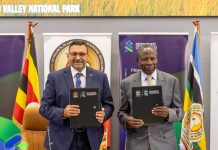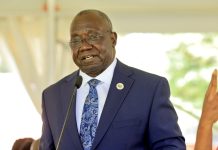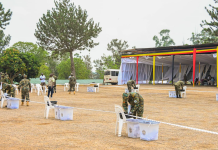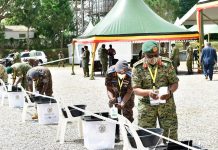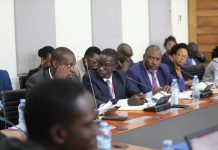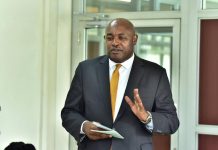By Ngabo Amon
The Federation of Uganda Football Associations (FUFA) has suspended the new format of the 2025/2026 StarTimes Uganda Premier League (UPL) following weeks of protests, boycotts, and open divisions between the federation and several top-flight clubs.
In a statement shared through its official X (formerly Twitter) handle, FUFA announced that after consultations with UPL clubs, sponsors, and the Uganda Premier League Board, the new structure which had been introduced under Rule 14:4-12 of the FUFA Competition Rules 2025 will not apply this season.
FUFA said the decision was meant to “allow stakeholders more time to understand the new UPL reforms through various forms of sensitisation.”
How the Dispute Began
The 2025/26 UPL season kicked off under a bold new three-phase format that was intended to inject more competition and commercial value into the league. However, the rollout sparked widespread unrest, boycotts, and calls for dialogue.
Under the new structure:
- All 16 clubs would play each other once in the opening phase.
- Teams would then split into two groups the top eight and bottom eight to play home-and-away fixtures within their groups.
- The top six from the upper bracket would enter a championship playoff, while the bottom six would fight to avoid relegation.
Supporters and clubs were told the format would make the competition “faster, fiercer, fairer.” But many disagreed. Critics said it disrupted long-standing traditions, distorted revenue sharing, and was pushed through without proper consultation.
Mulindwa’s Boycott and the Breaking Point
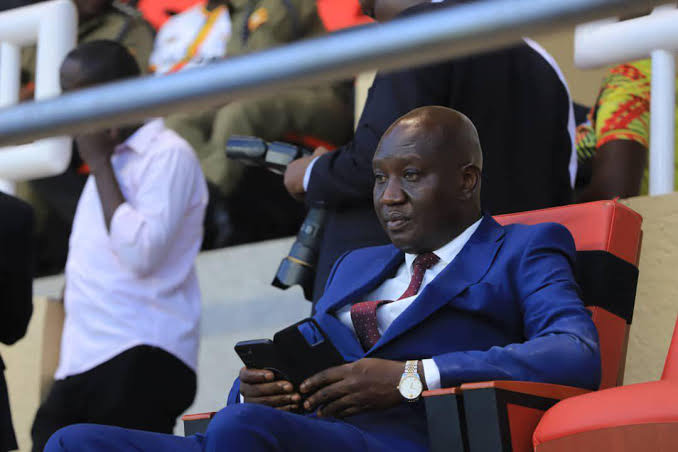
Tensions escalated on October 2, when Dr. Lawrence Mulindwa, president of Vipers SC and a former FUFA boss, announced his club would not play their scheduled doubleheader against Kitara FC until FUFA addressed their grievances.
In a public statement, Mulindwa accused the federation of disrespect, blackmail, and sidelining dissenting clubs. He claimed FUFA had failed to respond to petitions, imposed decisions unilaterally, and made financial promises including a UGX 3.4 billion investment pledge that lacked credibility.
“We will not be part of a system that ignores what clubs and fans demand,” Mulindwa said, describing the process as coercive.
His stand drew both criticism and admiration, exposing a widening rift within the football establishment.
Fans and Former Players Join the Debate
The backlash quickly spread from boardrooms to the terraces. Fans organised online campaigns under #BoycottUPLandand #RespectTheGame, demanding that the reforms be suspended until broader consultation takes place.
At Mandela National Stadium, where a doubleheader had been advertised featuring Vipers, empty seats and subdued cheers painted a picture of discontent. Many supporters accused the league organisers of deceit after tickets were sold for a match that never featured one of its main clubs.
Prominent former players, including George Ssemwogerere, Jackson “Mia Mia” Mayanja, Paul Ssali, Gibby Kalule,and Iddi Batambuze, also weighed in urging humility, transparency, and dialogue. Their collective message: reforms are welcome, but football must remain inclusive and accountable.
Veteran Administrator Calls for Calm
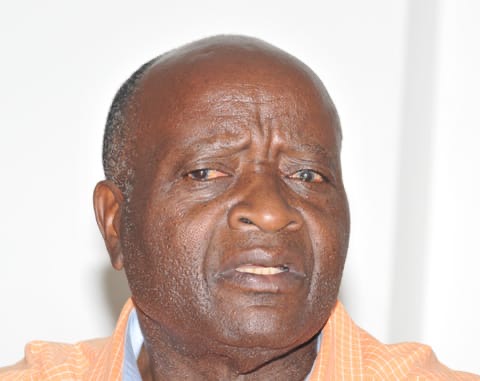
Among the elder voices to speak out was Jabeli Bidandi Ssali, a veteran administrator and founding figure of KCC FC. He described the standoff as “a leadership test, not a crisis,” warning that pride could undo decades of progress.
Bidandi reminded football leaders that Uganda’s league was built on consultation and shared vision, evolving from its humble beginnings in 1968 into a competition that once united fans across regions and clubs.
FUFA’s Next Steps
FUFA’s suspension of the new format is expected to calm tensions, at least temporarily, as discussions continue. Officials say the federation will conduct stakeholder sensitisation sessions to explain the objectives behind the reforms and gather feedback.
Whether the reforms will be reintroduced in the future and under what terms remains unclear.
Additional Reporting By Nabakiibi Doreen Malaika.


